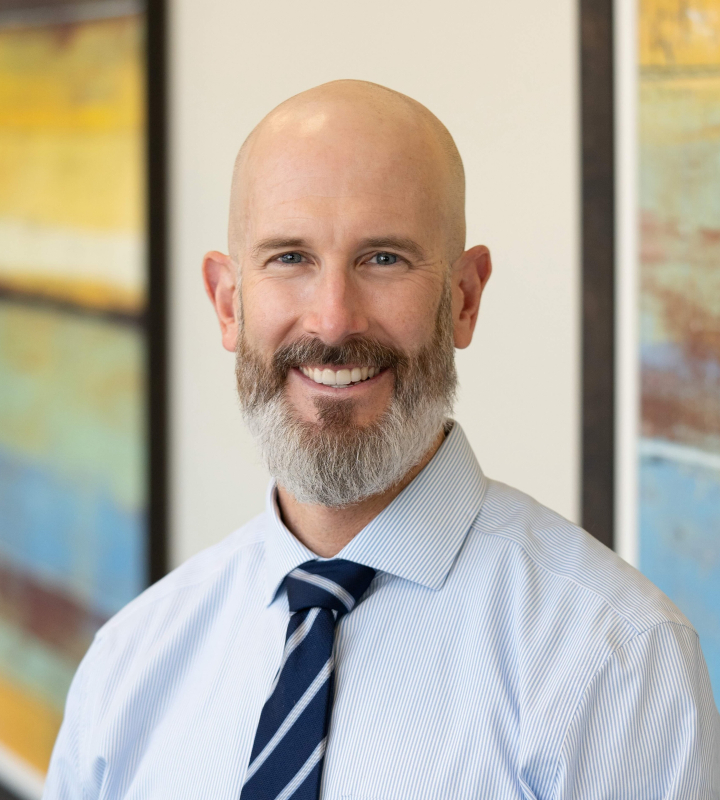Brent M. Kious is Assistant Professor of Psychiatry, Adjunct Professor in the Program in Medical Ethics and Humanities in the Department of Internal Medicine, and Adjunct Professor in the Department of Philosophy at the University of Utah. His prior research in bioethics has encompassed the role of values in psychiatric diagnoses and the ethics of informed consent, and his current project focuses on the assessment of suffering at the end of life. He remains particularly interested in the role of values in medicine, including in how value judgments affect assessments of decision-making capacity and suffering.
Dr. Kious earned his M.D. and Ph.D. (philosophy) at the University of California, Los Angeles, in 2011. He completed residency in psychiatry at the University of Utah, where he was chief resident in psychiatry. He was selected as a Laughlin Fellow of the American College of Psychiatrists in 2015 and received a 2017 Young Investigator Grant from the Brain and Behavior Research Foundation. He is a member of the executive committee of the Association for the Advancement of Philosophy and Psychiatry, and has served as Chair of the ethics committee for the Utah Psychiatric Association since 2016.
For more information, visit: https://healthcare.utah.edu/fad/mddetail.php?physicianID=u0763085&name=brent-m-kious
